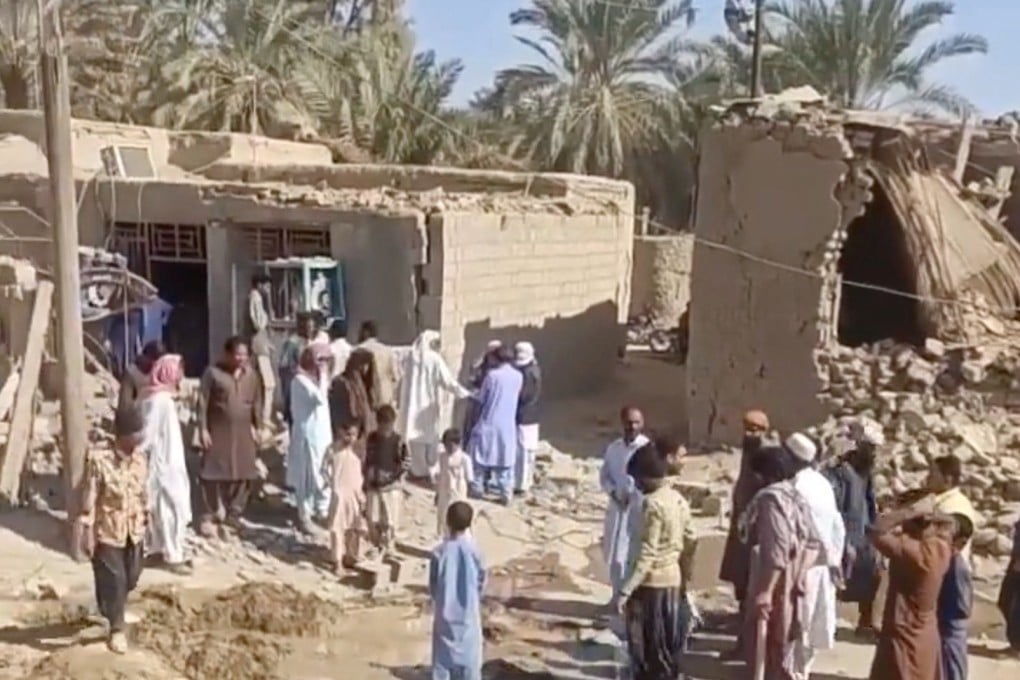Advertisement
What’s at stake for China as border tensions flare between Iran and Pakistan?
- Tehran and Islamabad have mounted attacks across each other’s borders to target rebel groups
- Beijing has close ties with both countries and a big interest in quelling turbulence in the region
Reading Time:3 minutes
Why you can trust SCMP
22

China is expected to step up its engagement to protect its interests in Iran and Pakistan after the two countries mounted tit-for-tat attacks in each other’s border areas this week, analysts say.
But the attacks – the latest episode in a turbulent area at the centre of an independence movement that also involves part of Afghanistan – are unlikely to descend into broader conflict, they say.
Two children died on Tuesday night when Iran fired on two targets in Balochistan province in Pakistan, according to Pakistani authorities.
Advertisement
Tehran said it was targeting Jaish al-Adl, a Sunni separatist group that operates mostly in Iran’s Sistan and Baluchestan province bordering Pakistan, where the ethnic Baloch are people seeking independence.
Pakistan hit back on Thursday, killing nine people – including three children – in a border village in Sistan and Baluchistan province, Iran said.
Advertisement
Islamabad said it too was targeting rebel armed groups hiding in Iran.
Advertisement
Select Voice
Select Speed
1.00x